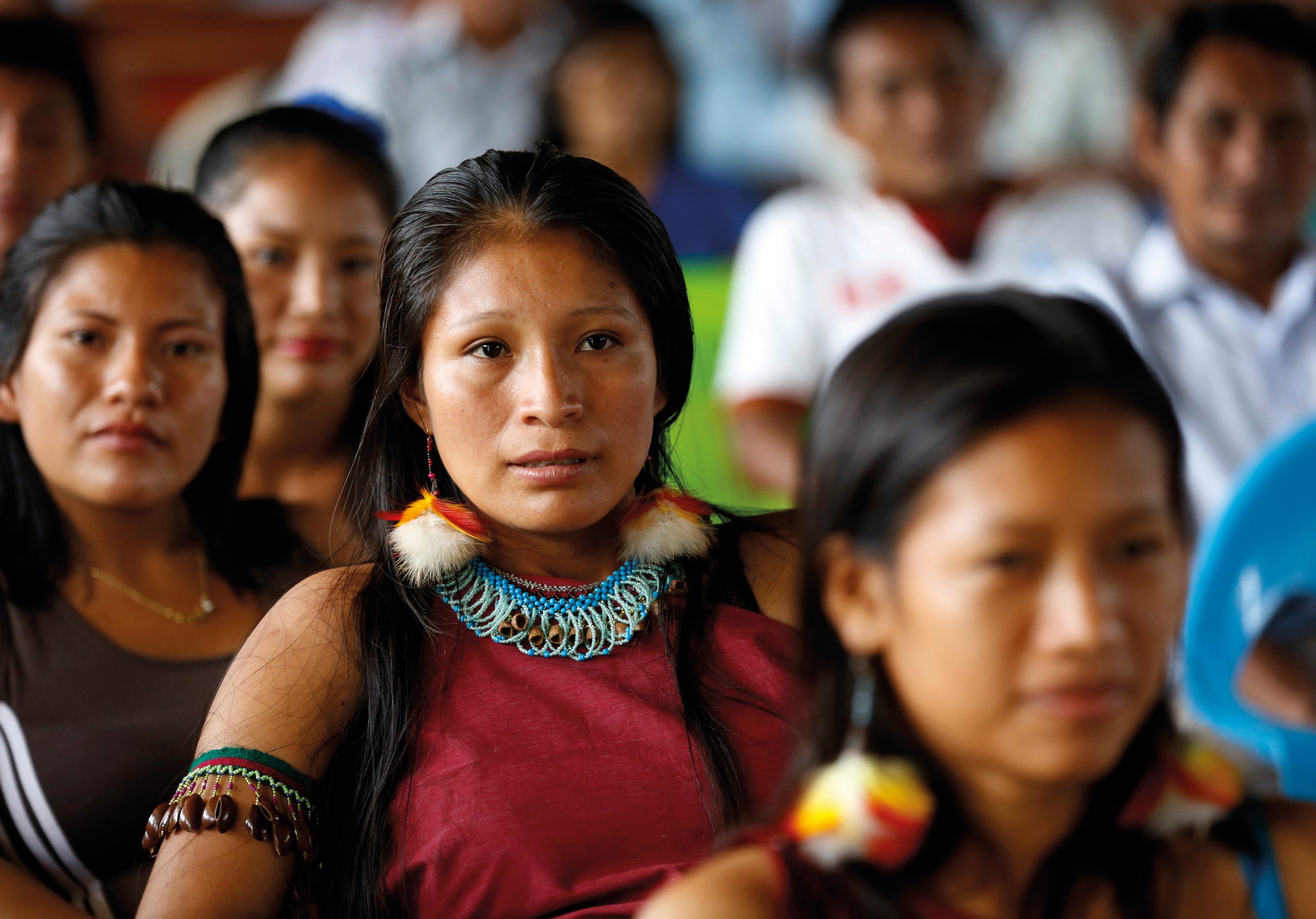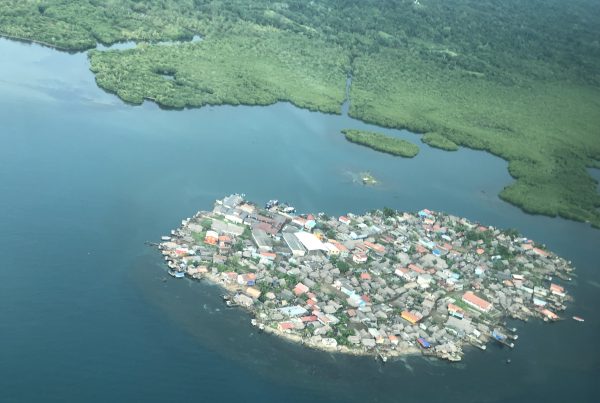The ‘Sharian Academy of Leaders’ is an initiative of the Autonomous Territorial Government of the Wampis Nation (GTANW) to cultivate young leaders who, in the future, can promote the autonomous development of the Wampis Nation based on solid knowledge of its socio-cultural elements and indigenous peoples’ human rights. It prepares leaders with an integral, holistic, broad and intercultural formation—leaders who are committed to the future vision of their people and imbued with the values of their cultural roots.
Youth are the essential successors who will take up the mantle of responsibility and continue the work as they become leaders of their communities. The concern for incorporating young people in the future governance of the territory resulted from reflections by Wampis communities motivated by the Indigenous Navigator questionnaire. The GTANW Summit held in November 2017 collectively prioritised the ‘Sharian Academy of Leaders’ project.
Forty young people aged 18–35, including eight women, were selected based on agreed criteria. The GTANW designed a curriculum consisting of two programs: one is focused on the study of socio-cultural elements in the field, and is taught outside of the classroom; the other program teaches human rights and indigenous peoples’ rights.
“My main inspiration is the many leaders, like my father, who have been fighting in defence of our territory. However, all of them will at some point grow older and leave us, and we as young people must continue these processes and duties that our leaders have assumed. I also see that my father is interviewed by people from other countries and I also want to follow my father’s example to continue fighting and defending our territory. That is why the initiative of training community youth is very important. You learn a lot and, in the future, it is us who will be the ones who will assume that path of struggle.”
Katse Lili Noningo Antich, 17-year-old Wampis woman
The new leaders will develop their capacity to participate in what will be the Municipal Legal Observatory, which will act as a support body for the Wampis Assembly, gathering the concerns of the community members and information about the fulfilment of the agreements between the GTANW and the municipalities. To that end, the project also includes consultation activities with local governments.
Young members of the Wampis Nation at a meeting. Credit: Pablo Lasansky
Author
- Shapiom Noningo, Peru Equidad
Ecosystems
- Tropical forests
Topics
- Governance
Type
- Short-form
Date
- This case study forms part of LBO-2, originally released in 2020.



